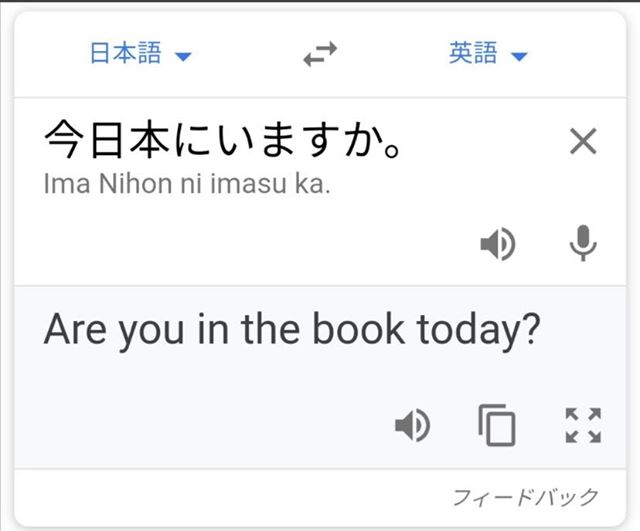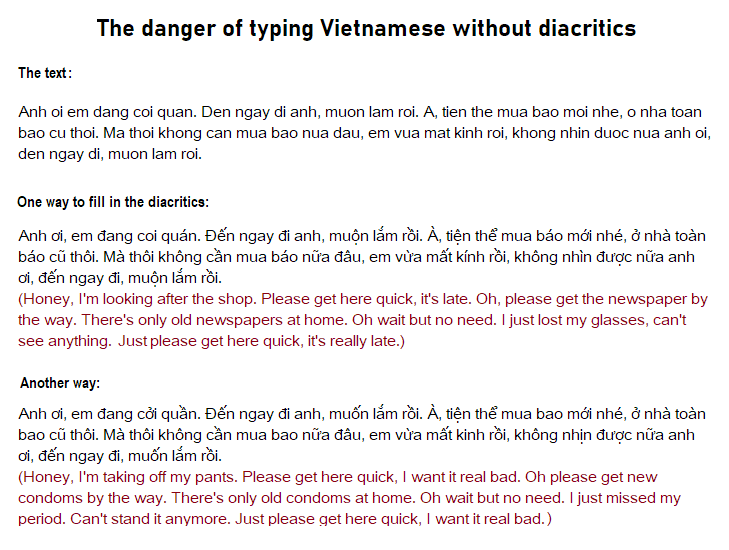Following up on "Turandot and the deep Indo-European roots of 'daughter'" (3/16/20), John Mullan (student of Arabic, master calligrapher, and expert chorister) writes:
As someone who’s studied a bit of Persian and a few other Indo European languages, I’ve always found it odd that most all of the kinship terms in Persian—mādar, pedar, barādar, dokhtar, pesar (cf. ‘puer’ in Latin and ‘pais’ in Greek, I assume)—have easy equivalents to my ear, /except/ ‘khāhar,’ sister. Wiktionary suggests it’s still related.
One quite recent finding of mine in PIE. As you probably know, 'Baghdad' is not an Arabic name, but a Persian one. It's composed of 'Bagh,' God (not the word used today), and 'Dād,' Given/Gift. Now I'm familiar with Bagh, ultimately, from listening to way too much Russian choral music and hearing Church Slavonic 'Bozhe.' Similarly, in the deep corners of my Greek student mind I remember names like 'Mithradates'—gift of Mithra or something along those lines—popping up as rulers/governors of city states in Classical Anatolia. What I /didn't/ pick out was the exact same construct as 'Baghdad' hiding in front of my eyes all along. There are two active NBA players named 'Bogdan(ović).' It's the same name as the city, only it's popped up in Serbo-Croatian. Funny stuff.
Read the rest of this entry »

